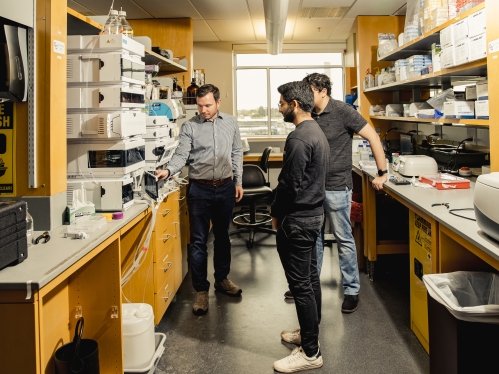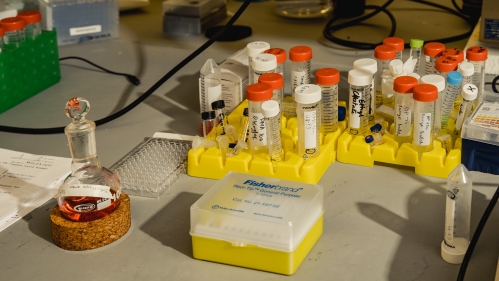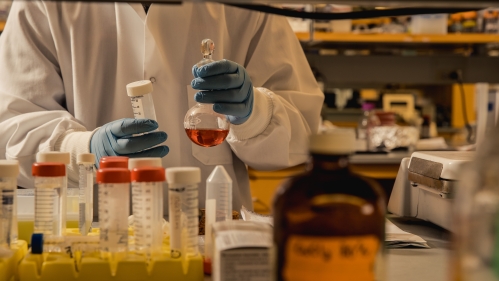
Biomedical Engineering Graduate Program
Overview
The School of Engineering’s graduate engineering programs consistently rank among the leading national programs. As a member of the elite Big Ten Academic Alliance, Rutgers University is a dynamic place for advanced research and study.
The Biomedical Engineering Graduate Program is administered through the Rutgers School of Graduate Studies, and is also a joint venture between the School of Engineering and the Robert Wood Johnson Medical School, which is part of the Rutgers Biomedical Health Sciences. The program includes over 75 faculty from Rutgers' science and engineering departments, Robert Wood Johnson, and other academic institutions in the area, as well as local industry contacts.
Graduate Degrees
We offer graduate degrees that reflect individual student goals from career advancement to research intensive.
The MS degree in Biomedical Engineering is a thesis-based degree for students who wish to equip themselves with a more solid foundation of life science and engineering fundamentals and prepare themselves for professional advancement in industry.
The ME degree focuses on preparing students in the fundamentals of biomedical engineering without a thesis--it is a terminal degree that is not intended to lead to a PhD program.
The doctoral degree is primarily a research-oriented degree for students showing promise for original contributions to the fundamental understanding of biomedical engineering and its applications.
Accelerated Bachelor of Science/Master of Science Degree (BS/MS)
The goal of the BME BS/MS is to allow academically qualified students to receive the BS and MS degrees in a shortened time frame. This highly intensive academic program gives students more research experience and better prepares them for research and development careers or further graduate study.
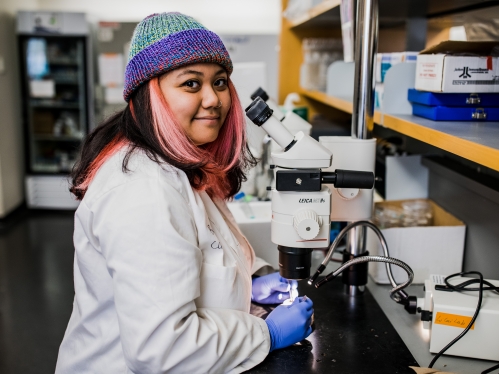
Research
Our faculty members are committed to research, often in collaboration with industry and other disciplines, to advance the state of knowledge and practice in our field. With a focus on key areas of critical importance to national competitiveness and productivity, our faculty members have achieved international recognition for their contributions to these areas. Both the curriculum and laboratories are designed to support these research focus areas:
- Biomaterials and Tissue Engineering
- Biomechanics and Rehabilitation Engineering
- Computational Bioengineering and Biomedical Imaging
- Molecular, Cellular, and Nanosystems Bioengineering
- Neuroengineering
- Physiological Systems and BioInstrumentation
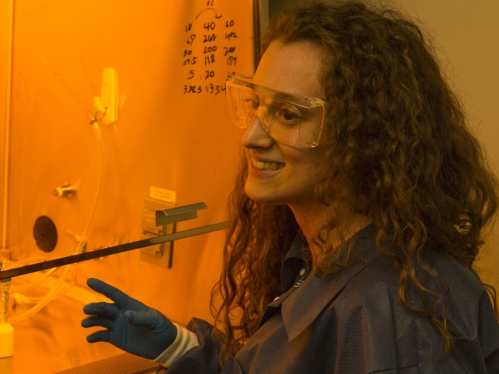
Faculty
The Department of Biomedical Engineering at Rutgers offers unparalleled access to leaders and innovators in a wide range of research areas, including: molecular systems bioengineering, biomaterials and tissue engineering, bionanotechnology, biomechanics, rehabilitation engineering, and biomedical imaging.
